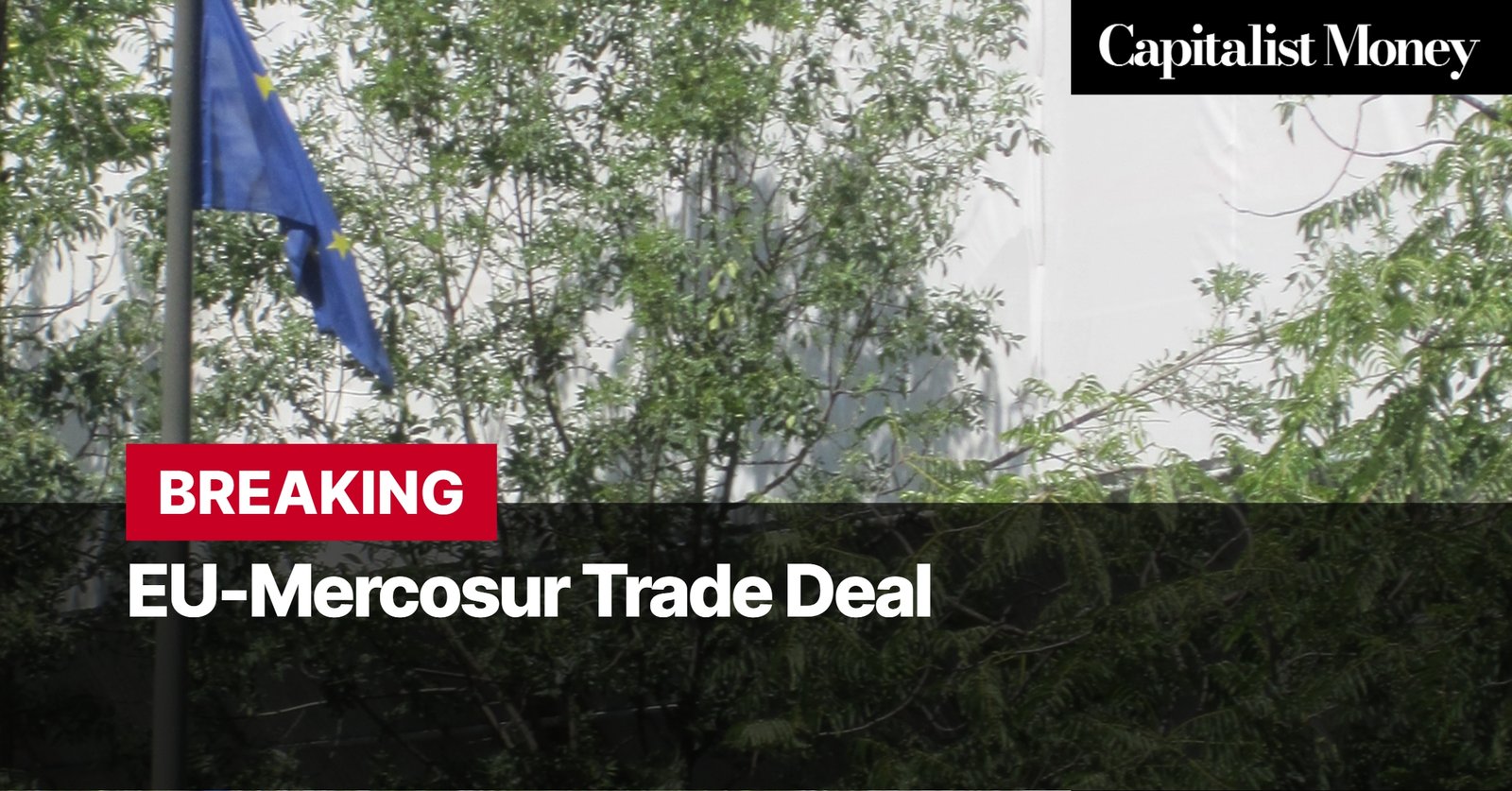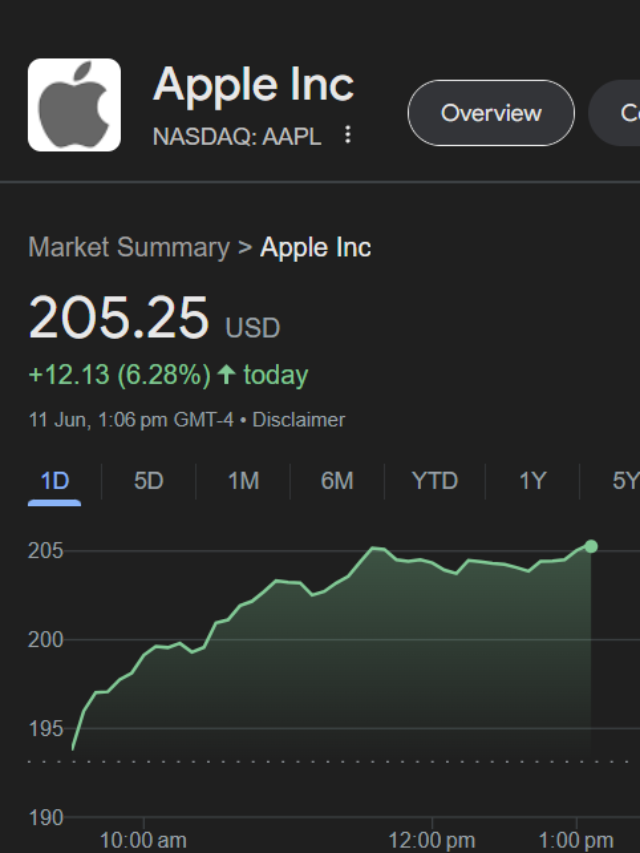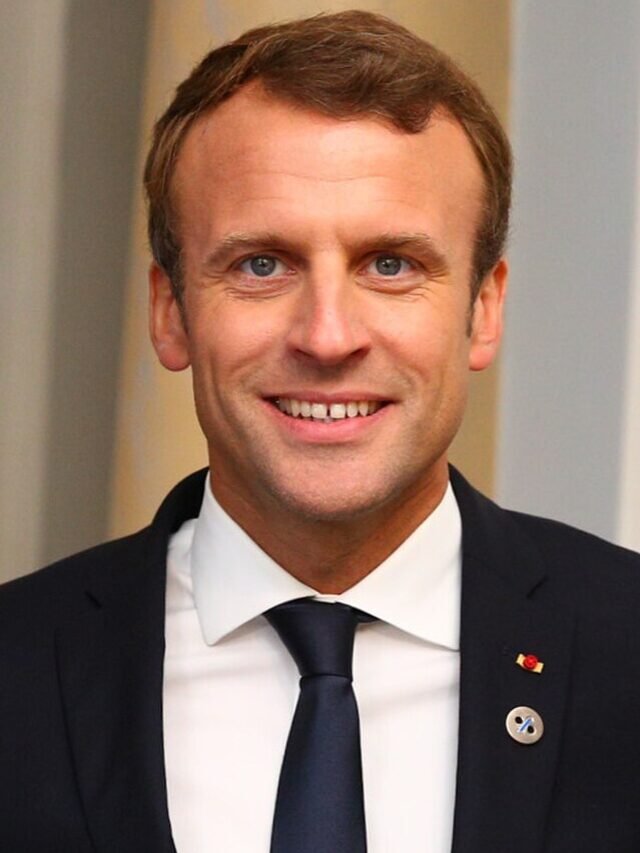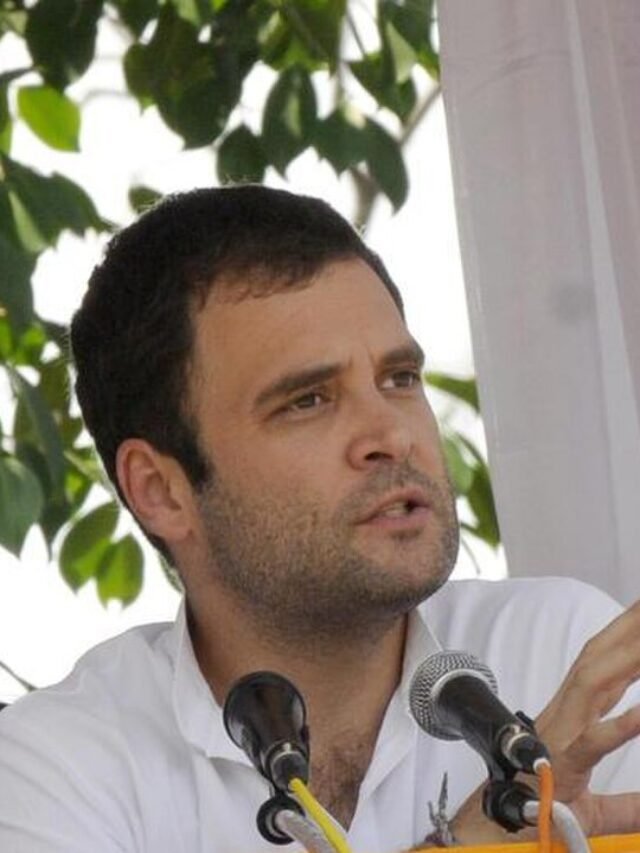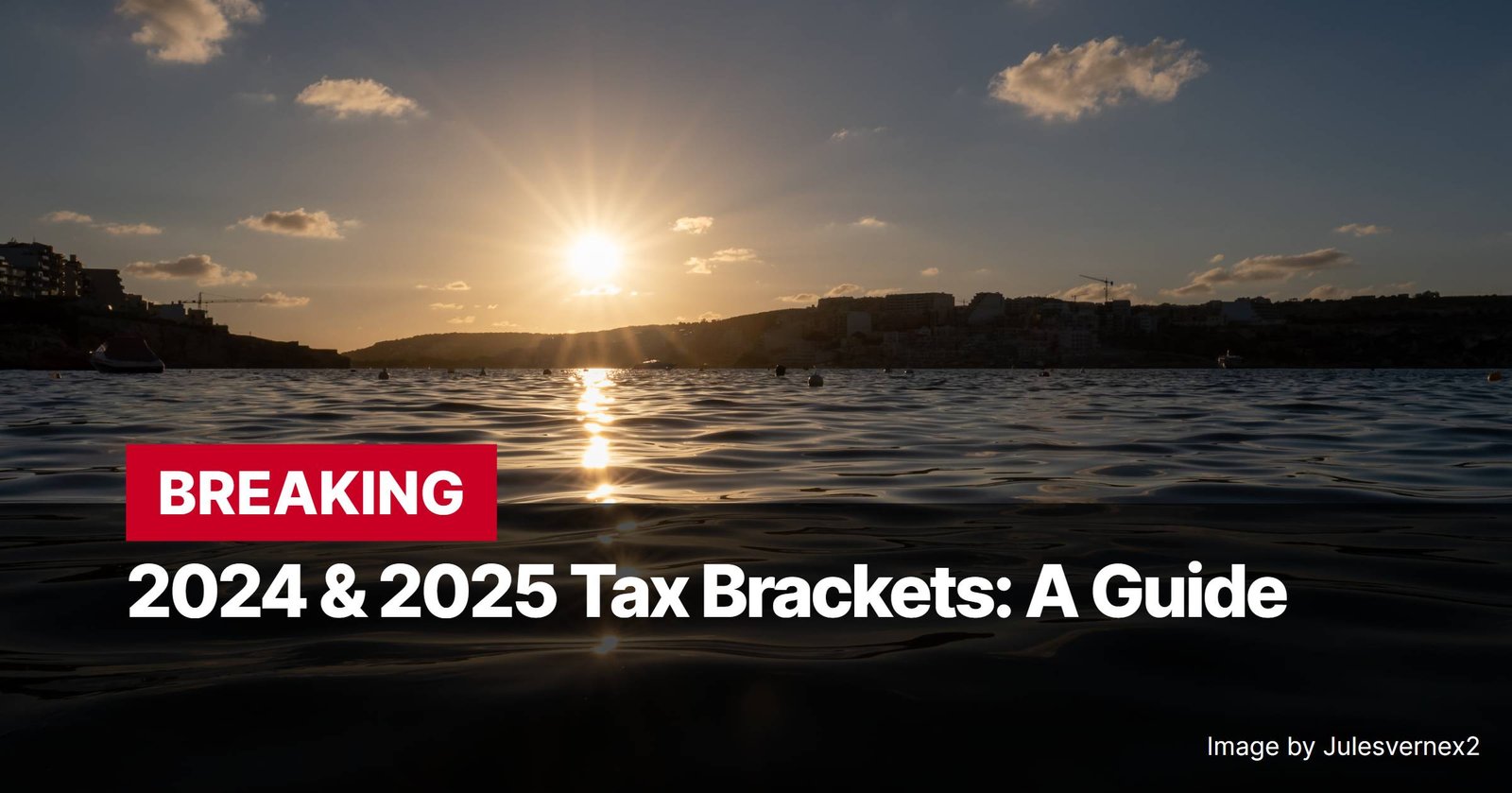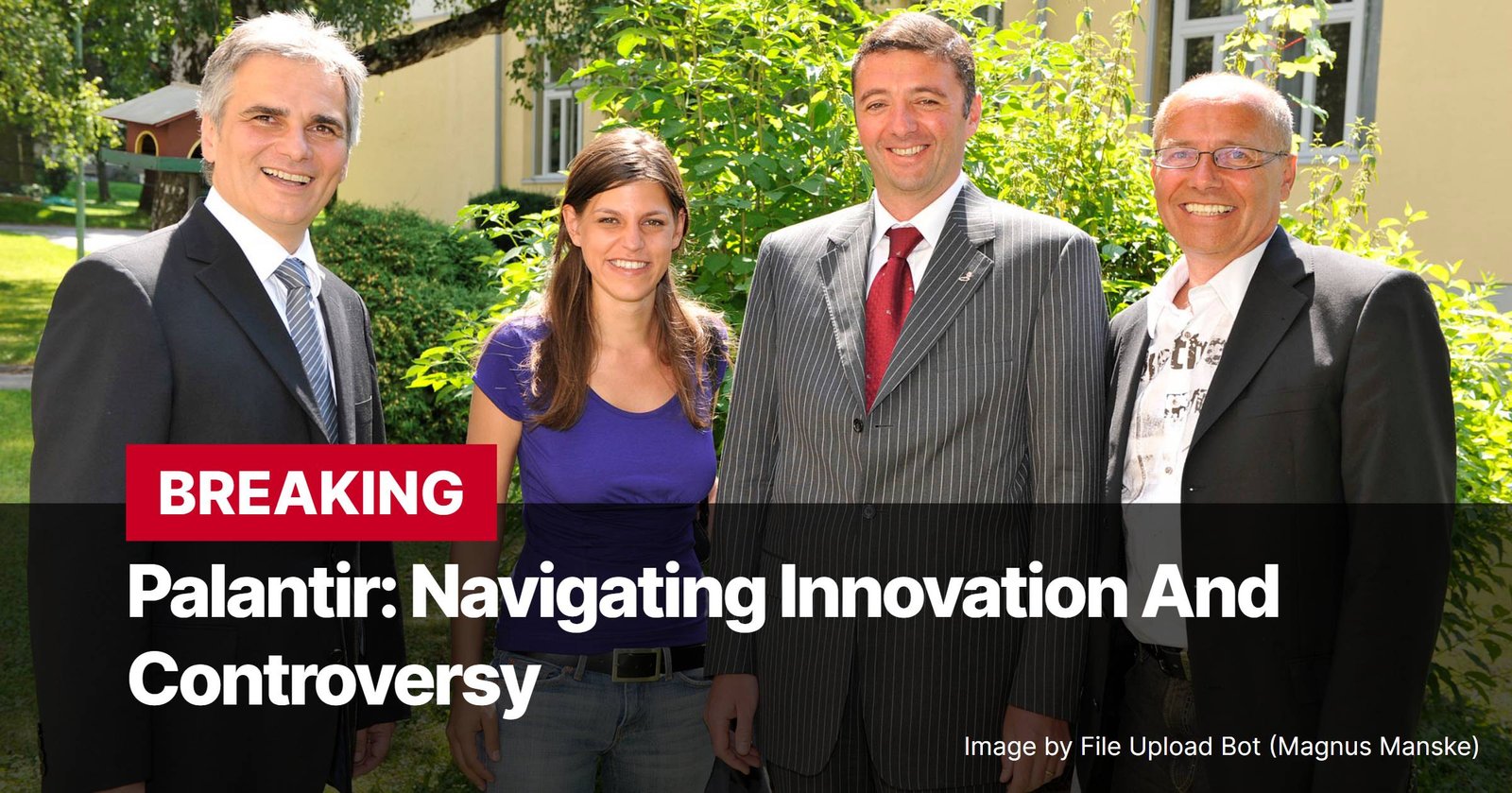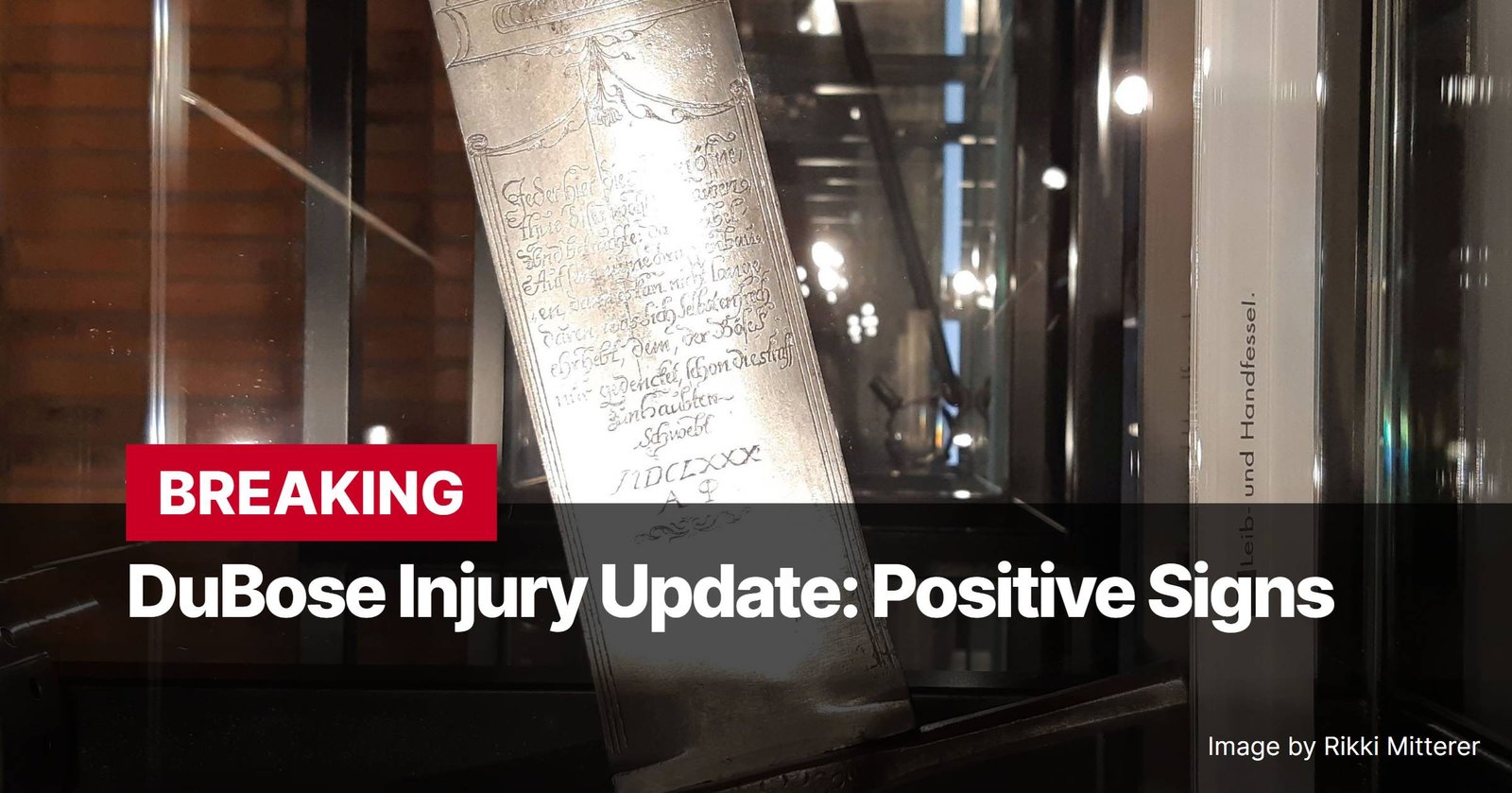The European Union and the South American trade bloc Mercosur are on the cusp of a historic trade deal, aiming to finalize negotiations by year-end. This ambitious agreement, over two decades in the making, promises to be a significant catalyst for economic growth and integration between the two regions.
Mercosur, encompassing Argentina, Brazil, Paraguay, and Uruguay, represents a considerable market for European goods and services, and the deal is anticipated to unlock substantial opportunities for businesses on both sides of the Atlantic.
The potential benefits of this agreement are far-reaching. For the EU, it signifies access to a vast market with a burgeoning middle class and significant natural resources.
Conversely, Mercosur stands to gain from enhanced market access for its agricultural products and manufactured goods within the European Union. This enhanced trade flow could lead to increased investment, job creation, and a rise in living standards in both regions.
The deal also holds the potential to foster closer political and diplomatic ties between the EU and Mercosur, solidifying their shared commitment to international cooperation and free trade.
Navigating the Complexities: Key Considerations in the EU-Mercosur Trade Deal
The prospective trade agreement between the European Union and Mercosur, a South American trade bloc, represents a significant opportunity to foster economic growth and strengthen intercontinental ties. However, realizing the full potential of this ambitious pact necessitates careful consideration of several critical factors.
Foremost among these is the imperative to address environmental concerns, particularly those related to deforestation in the Amazon rainforest. The EU has expressed strong reservations about the deal’s potential impact on deforestation rates and has sought assurances that Mercosur nations will implement robust measures to protect this vital ecosystem.
Negotiations must prioritize sustainable land use practices and include mechanisms to monitor and enforce compliance with environmental regulations. Furthermore, striking a balance between opening up agricultural markets and safeguarding the interests of farmers on both sides of the Atlantic presents a considerable challenge.
The EU’s agricultural sector is highly sensitive to increased competition, and negotiators must carefully calibrate tariff reductions and market access provisions to ensure a level playing field that benefits both European and Mercosur producers. Protecting intellectual property rights is another crucial element of the agreement.
A robust framework for safeguarding patents, trademarks, and copyrights will be essential to encourage innovation and investment in both regions. The agreement must also address the concerns of diverse stakeholders within each bloc, including businesses, labor unions, and civil society organizations.
Ensuring transparency and inclusivity in the negotiation process will be paramount to building public support for the final agreement. The EU-Mercosur trade deal has the potential to be a landmark agreement, fostering economic cooperation and strengthening ties between two major economic regions.
However, its ultimate success hinges on the ability of negotiators to address complex environmental, agricultural, and intellectual property concerns while ensuring that the agreement benefits all stakeholders. The final agreement will require ratification by all participating countries, a process that will likely involve intense scrutiny and debate.
Successfully navigating these hurdles will be essential to forging a durable and mutually beneficial partnership between Europe and South America.
A Transatlantic Bridge: Promise and Potential
The prospective EU-Mercosur trade deal represents a pivotal moment in transatlantic relations, holding the promise of a strengthened economic and political bridge between two significant economic blocs. The successful conclusion of this agreement, after years of complex negotiations, would undoubtedly mark a significant milestone in international trade.
By dismantling tariffs and streamlining regulations, the deal has the potential to unlock substantial economic benefits for both regions, fostering increased trade flows, stimulating investment, and ultimately contributing to job creation and economic growth. The potential for increased cooperation extends beyond purely economic gains.
The agreement could serve as a platform for enhanced dialogue and collaboration on a broader range of issues, including environmental protection, sustainable development, and technological innovation. However, the path forward is not without its challenges.
Ensuring the effective implementation of the agreement will require meticulous attention to detail and a sustained commitment to overcoming potential hurdles. Monitoring and enforcement mechanisms will be crucial to guarantee that the terms of the agreement are upheld and that both parties adhere to their commitments.
Addressing concerns related to environmental sustainability and labor standards will also be paramount to ensure the deal’s long-term legitimacy and public support. Ultimately, the success of the EU-Mercosur trade deal hinges on the sustained commitment and collaborative spirit of both the EU and Mercosur nations.
By working together to address implementation challenges and fostering a strong foundation of trust and cooperation, this landmark agreement can pave the way for a more prosperous and interconnected future for both continents. The deal represents not just an economic opportunity, but a chance to forge a deeper, more resilient partnership based on shared values and mutual benefits.
It is a testament to the enduring power of international cooperation and a beacon of hope for a more integrated and prosperous global economy.

- Amad Diallo’s Rise and Manchester Derby Excitement
- Navigating the 2024 and 2025 Tax Landscape: Brackets, Rates, and Planning Ahead
- Palantir: From Shadows to Spotlight, Navigating Controversy and Innovation
- The Relentless Myles Garrett: Battling Through Injury in Browns’ Loss
- Luka’s Triple-Double Dominates as Mavericks Outgun Warriors in Three-Point Barrage







